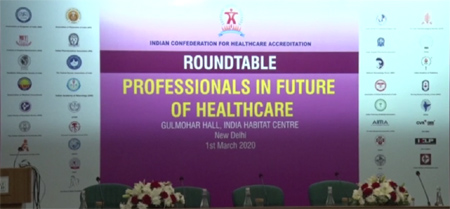WHO”s Global Patient Safety Challenges I & II
WHO works in partnership with the global health community and others to ensure that sustained hand hygiene improvement remains on the national and international health agenda. Our aim is to ensure that infection control is acknowledged universally as a solid and essential basis for the attainment of patient safety, contributing to a significant, measurable reduction in the burden of disease attributable to health care-associated infections.
Save Lives : Clean Your Hands This new initiative, launched on 5 May 2009, takes the work of Clean Care is Safer Care to the patient’s bedside by further translating hand hygiene theory into practice.
Be part of a global movement to improve hand hygiene;
- Join the network of countries that already have hand hygiene campaigns operating;
- Help fight HAI in your country;
- Use the WHO toolkit to improve hand hygiene compliance and have access to other updates and resources from WHO Patient Safety;
- Share your knowledge and successes with others
- Make patient safety your No 1 priority.
The focus of “Clean Care is Safer Care”
The first of these challenges, “Clean Care is Safer Care”, focuses on reducing health care-associated infections (HCAI). These infections occur worldwide in both developed and developing countries and are among the major causes of death and increased morbidity for hospitalized patients.
“Clean Care is Safer Care” was launched in October 2005 to promote safe hand hygiene practices globally and at all levels of health care as a first step in ensuring high standards of infection control and patient safety. Hand hygiene, a very simple action, is well accepted to be one of the primary modes of reducing HCAI and enhancing patient safety.
- “Safe Surgery Saves Lives”
- Making surgery safer by using a simple basic check list
- Creating collaborative team work
- Ensure right patient, right side / site / procedure
Minimising SSI and other complications
Implementation Steps:”Clean Care is Safer Care” & “Safe Surgery Saves Lives”
The Association of Surgeons of India (www.asiindia.org) have published a booklet for implementation of the above. Available for free download To know more visit www.who.int/patientsafety and ICHA implementation plan – future focus





